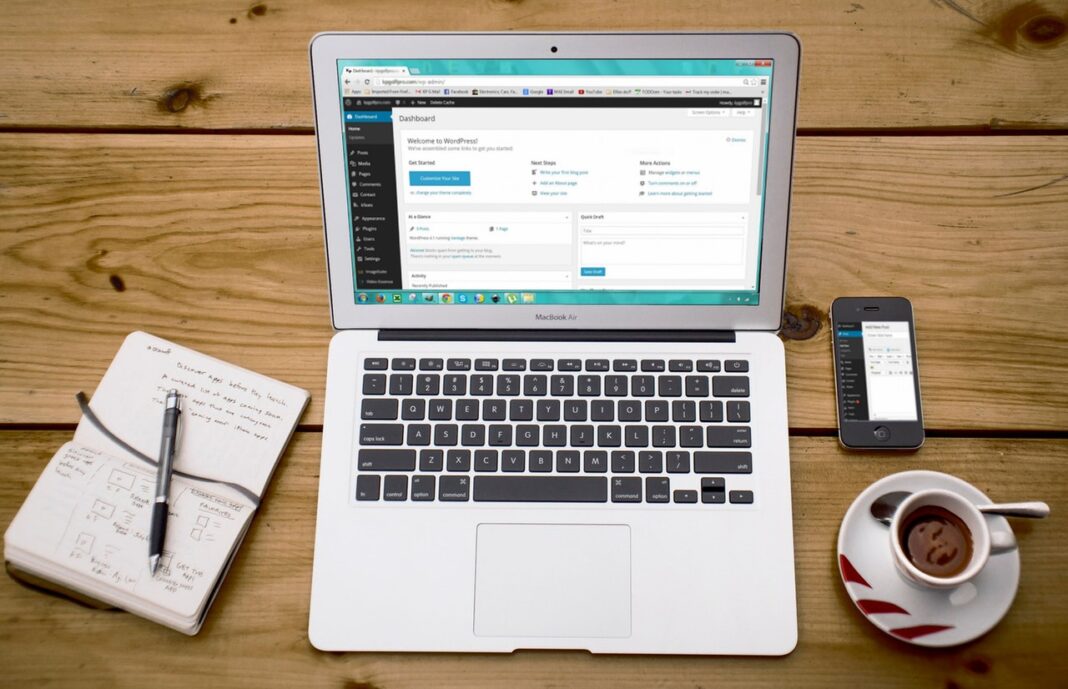When it comes to WordPress website security, you don’t want to leave anything to chance. The reality is that hackers are always coming up with new ways to break into websites and steal data and identities, so keeping your website as secure as possible should be one of your top priorities. Fortunately, there are some WordPress plugins that you can use on your site to help protect it from external threats. These WordPress plugins will help you lock down your website and keep hackers out of your business.
Why Is Plugin Security Important?
Plugin security is essential because plugins are one of the most common ways hackers gain access to WordPress websites. By default, WordPress does not secure plugin files, which means that a hacker can exploit any vulnerabilities in a plugin. There are thousands of plugins available for WordPress, and the WordPress team can’t keep track of all of them. That’s why it’s essential for plugin developers to practice good security practices and for website owners to use only trusted plugins.
Let’s have a look at the factors that make Plugin security necessary:
Limit Login Attempts
If you’re running a WordPress site, you know how important it is to keep it secure. One way to do this is by using the Limit Login Attempts plugin. This plugin will help you protect your site by limiting the number of login attempts a user can make. You can also use this plugin to allow IP addresses so that only certain users can access your site. Keep in mind that if you want to enable an IP address, you’ll need to know their username and password before installing the plugin.
Change Default Passwords
The first step is to change your default passwords. That includes your WordPress password and any passwords for FTP, hosting, and email. You can find these in your wp-config.php file. Once you have changed all of your passwords, it’s time to move on to the next step. One plugin that will help with this is Password Protect Your Uploads.
This plugin requires a username and password for anyone trying to upload files or download content from your site. Of course, be sure not to forget what you’ve set as your username and password! Another plugin that will keep out snoopers who may try to access pages via non-standard browsers or platforms like mobile devices or tablets is Disable Online Comments – Blacklist User Agents (a list of devices), so they won’t be able to leave comments. Still another plugin that helps protect your website from hackers trying brute force attacks against login screens is the Simple Login Lockdown Plugin.
Stay Away From Free Themes
While free themes are tempting, they come with some serious risks. Many free themes are poorly coded, leaving your site vulnerable to security threats. Plus, hackers often use free articles to insert malicious code into your site. If you’re not a skilled coder, it’s best to stay away from free themes and stick with a premium theme that other users have reviewed.
Add Brute Force Protection
One of the most common ways hackers gain access to a WordPress site is through brute force attacks. This is where they try to guess your username and password repeatedly until they get it right. For this reason, it’s essential to use a plugin that blocks these types of attack attempts. Limit Login Attempts With Limit Login Attempts: You can limit how many times someone can log in to your website in a given period before being blocked by using this plugin.
Enable SSL/HTTPS.
Now is the time to start if you’re not already using SSL/HTTPS on your website. Not only does it help protect your site and visitors’ data, but it also can improve your search engine ranking. There are a few ways to enable SSL/HTTPS on your WordPress site. If you’re using a shared host, your host may have an option to allow SSL/HTTPS for your site.
Alternatively, you can install a plugin like Really Simple SSL or Cloudflare Flexible SSL. These plugins will automatically redirect all traffic from HTTP to HTTPS. You can also use this plugin if you want to redirect all traffic from HTTP to HTTPS (no matter what domain).
Run Frequent Backups
Backups are critical. If your site gets hacked, you can lose everything. By running regular backups, you can be sure you have a copy of your site that you can restore if something goes wrong.
Conclusion
The security of your WordPress blog is vitally important, and there’s a lot you can do to ensure that you’re not the victim of a hack shortly. We’ve shared our tips above, but feel free to experiment with a few of your own. You might even find better solutions than the ones we’ve described.
Author Bio: Alena James is a Research Analyst and Content Creator. She is also working with wordpress web design services company to share her knowledge and create technical content for users.








